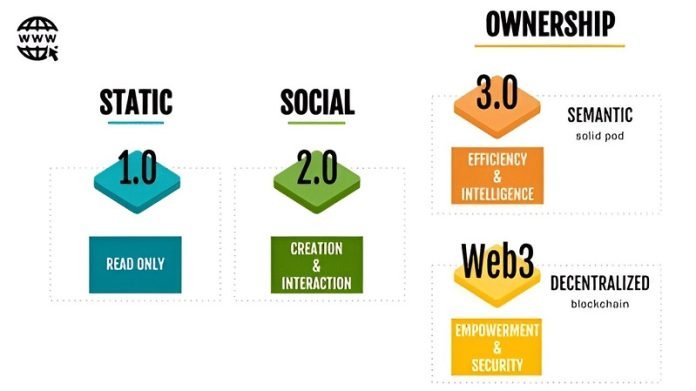
In the fast-evolving world of the internet, a team of researchers led by Assistant Professor Gi Seok Park from Incheon National University is making waves.
They’re pioneering a new way of streaming media using Web 3.0 technology, which promises a more transparent and decentralized internet experience.
This new project, highlighted in the journal IEEE Transactions on Services Computing, could change the way we watch videos online.
The Shift from Web 2.0 to Web 3.0
The internet is on the brink of a major transformation.
We’re moving from Web 2.0, the internet as we know it, to Web 3.0, a new era based on blockchain technology.
Blockchain is a sophisticated way of recording information, making it nearly impossible to hack or cheat the system.
Web 3.0 offers benefits like greater transparency and a system that doesn’t rely on a single controlling entity.
The Challenge with Streaming in Web 3.0
However, shifting to Web 3.0 isn’t without its hurdles. One of the biggest challenges is adapting the way we stream media, like videos and music.
Current streaming services aren’t fully compatible with Web 3.0, often leading to a poorer user experience and issues with some browsers and operating systems.
To tackle these problems, Dr. Park’s team has come up with a new end-to-end system architecture designed specifically for Web 3.0 streaming. They’ve used something called the Inter-Planetary File System (IPFS), a peer-to-peer data storage technology, to reduce delays and enhance the overall experience of users.
The researchers didn’t just rely on existing technology. They went a step further by creating their own IPFS nodes – these are points in the network that hold and share data.
This move allowed them to fully control how the blockchain nodes worked, leading to better performance. They also developed new protocols for managing and accessing content on these nodes, making it faster to download data.
An exciting part of this project is the launch of Retriever, a media marketplace based on Web 3.0 technologies. It’s not just a place to watch videos – it’s a platform where video content is managed as non-fungible tokens (NFTs).
This means creators can monetize their work more effectively, selling their content if they choose, in a process that’s transparent and fair.
Dr. Park believes their service will build digital trust among users.
With blockchain technology, transactions and interactions are fair and transparent. Everything is recorded on the blockchain ledger, ensuring that no one needs to blindly trust any web service.
This is a significant step forward in making the web a fairer and more user-friendly space.
In summary, this new Web 3.0 streaming architecture could revolutionize how we access and interact with media online. It’s not just about watching videos – it’s about creating a fairer, more transparent system for content creators and viewers alike.



